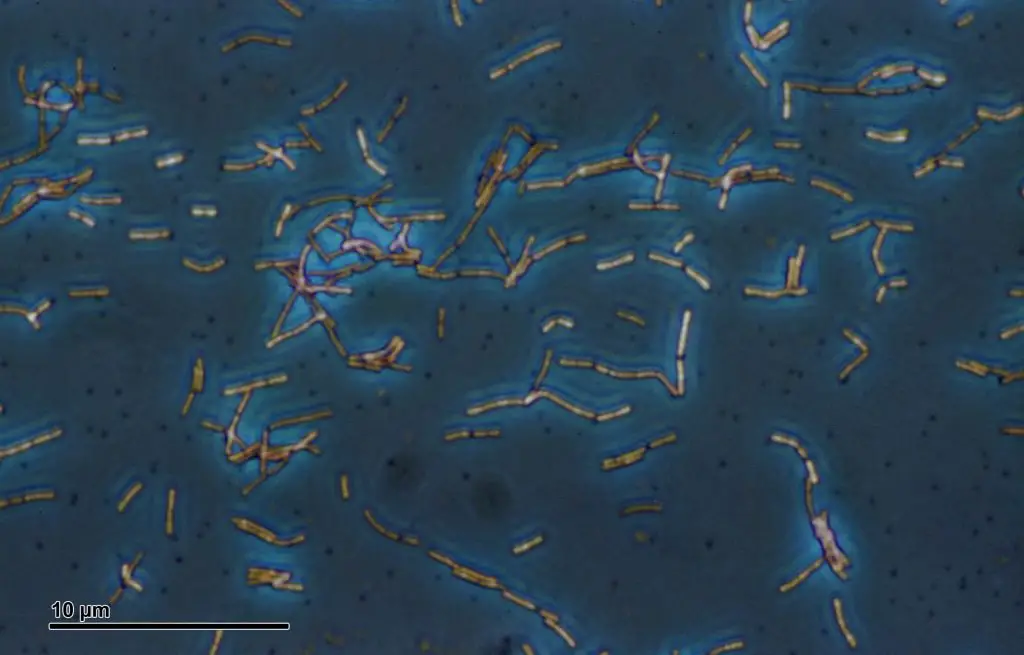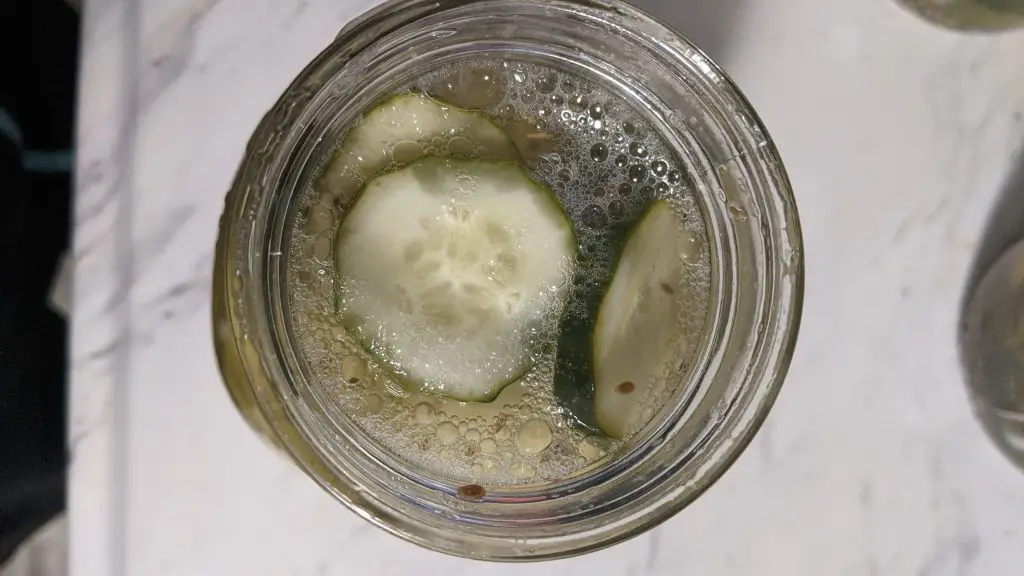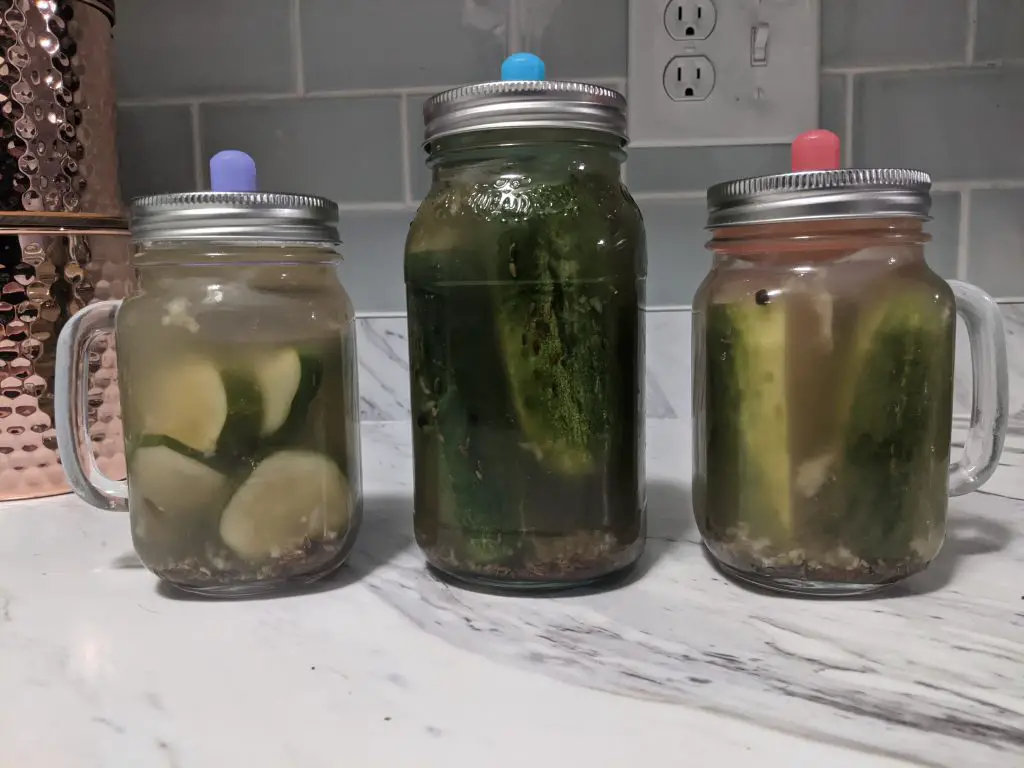Often you will hear that pickles are good for your stomach and contain probiotics. Not all pickles are created equal and not all of them have this beneficial impact on your gut bacteria.
Why are pickles good for gut health? Fermented pickles are good for gut health because they contain probiotics that promote the growth of good bacteria. Having good gut bacteria has many benefits to overall health including digestion, nutrient absorption, and many more.
To understand how and why pickles make an impact on your gut, it is important to understand gut health, fermentation, probiotics, and pickle choice.
What is Gut Health?
Your gut is the biggest part of your immune system. When someone refers to gut health, they are taking about your gut microbiome, which is the population of bacteria in your digestive system. Studies suggest supporting the cultivation of healthy bacteria in your gut can have an impact on inflammation, allergies, and autoimmune disorders. Good gut health is critical in regulating hormone levels, absorbing nutrients and A poor diet of sugary and high processed foods can have a negative impact on these bacteria. This is where the old adage comes from “you are what you eat”.

Which Pickles Are Good For Gut Health?
When someone refers to pickles, there are cucumbers that are pickled, and fermented cucumbers. The pickles that are good for gut health contain probiotics are fermented, or more specifically lact-fermented. These are not the pickles you typically find in your grocery store such as Claussen or Mt. Olive. The key difference is that typical pickles you get with your hamburger or purchase in the grocery aisle are made with a vinegar and salt brine, but fermented pickles are made only with a salt brine.
The longer you ferment the pickle the sourer it will get due to the increase in production of lactic acid. This is the same stuff that gives it that distinct pickle smell. The fermentation process has been greatly slowed down by the cold, but it is still fermenting and still contains the good bacteria. The advice of the American College of Healthcare and Sciences is to only purchase fermented products that are kept refrigerated section of the store since fermented foods are full of live organisms that must be kept cool to survive.
These pickles are also known as lacto-fermented because the bacteria responsible is lactobacillus. While pickles are fermenting, the good bacteria grows but also suppress the growth of bad bacteria that makes food spoil, thus preserving the pickle. These good types of bacteria are known as probiotics

Why Are Probiotics Good For You?
Probiotics are most widely known for their presence in yogurt due to advertising by yogurt producers. Overall, they help regulate the good and bad bacteria in your body. They are the live bacteria and yeasts that are good for you. You can find them in supplements as well, although it is hard to beat the real thing.
Further study has contemplated how our microbial environment can have an impact on gene expression and the modification of our immune system and even the health of your skin. It is very exciting research and highlights the benefits of fermented foods.
There are different type of probiotics, but the one that is fermented pickles is lactobacillus. Overall, they are most well know for assisting with digestion related issues, such as irritable bowel syndrome, bloating, and more. If you are looking to try a probiotic supplement, be sure to do your research and consult a physician first. We recommend eating pickles.
How Do You Make Fermented Pickles?
Fermented pickles are made with a salt brine and spices. They key is to use Kosher or Sea Salt, not table salt. The brine should have a 3% concentration of salt and use a container that you can let the excess gas out. The can be accomplished with burp lids or valve lids. After about three days you will see bubbling in the jar, which is an indication of the fermentation taking place. Do not use a salt brine under 2.5% for cucumbers as that would not be safe.
The most common type of fermented pickles is the dill pickle, which contains a combination of garlic, dill, and black peppercorns. We posted about Kosher Dill Pickles previously and how to make them properly. Using clean tools and making sure the brine is an appropriate salt level are two big takeaways for safety

.
